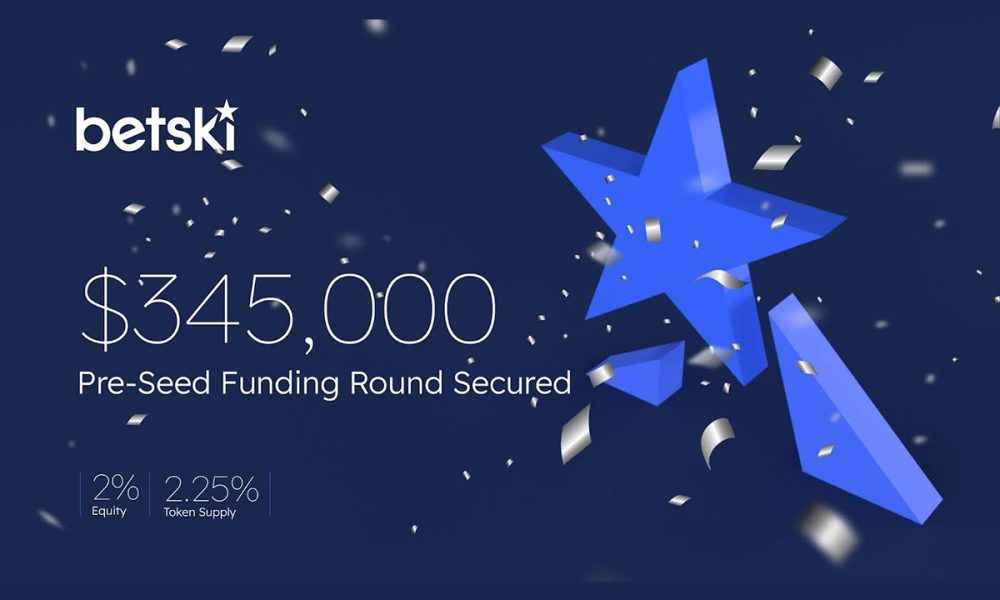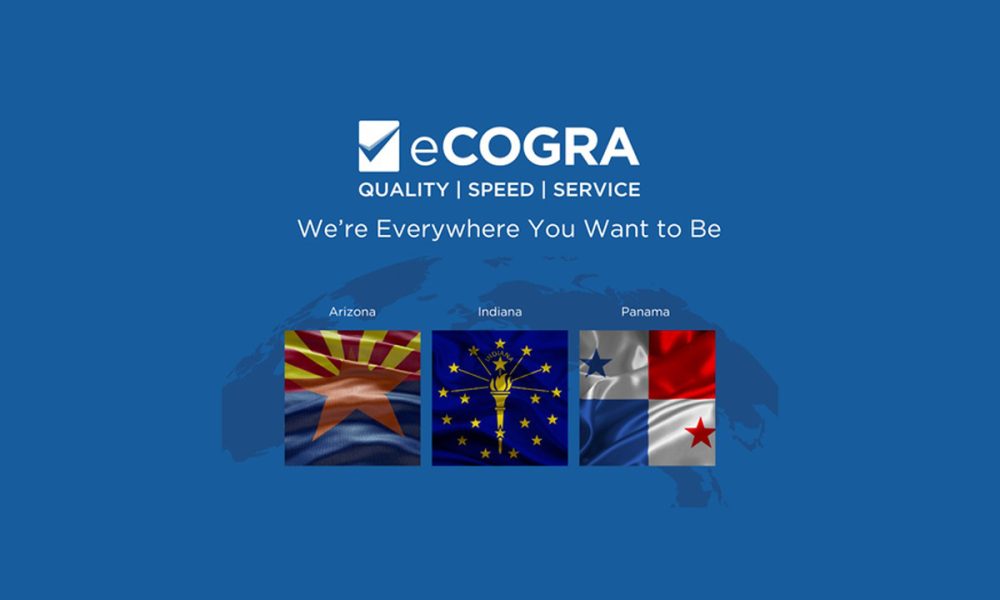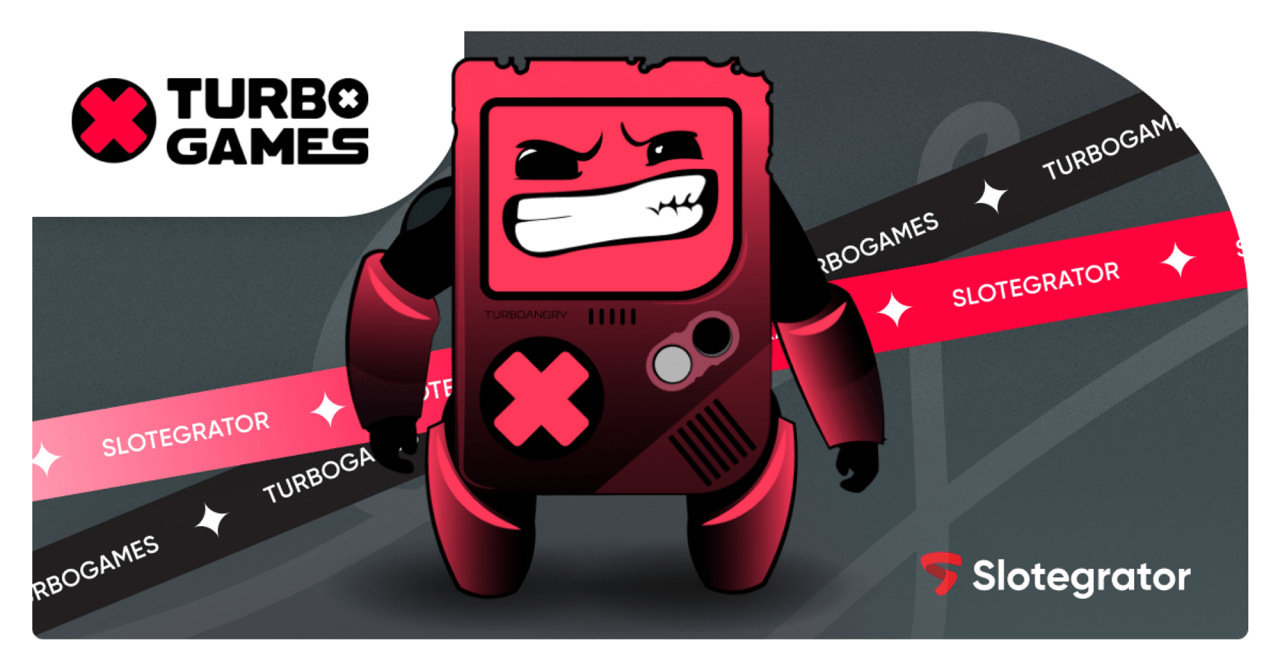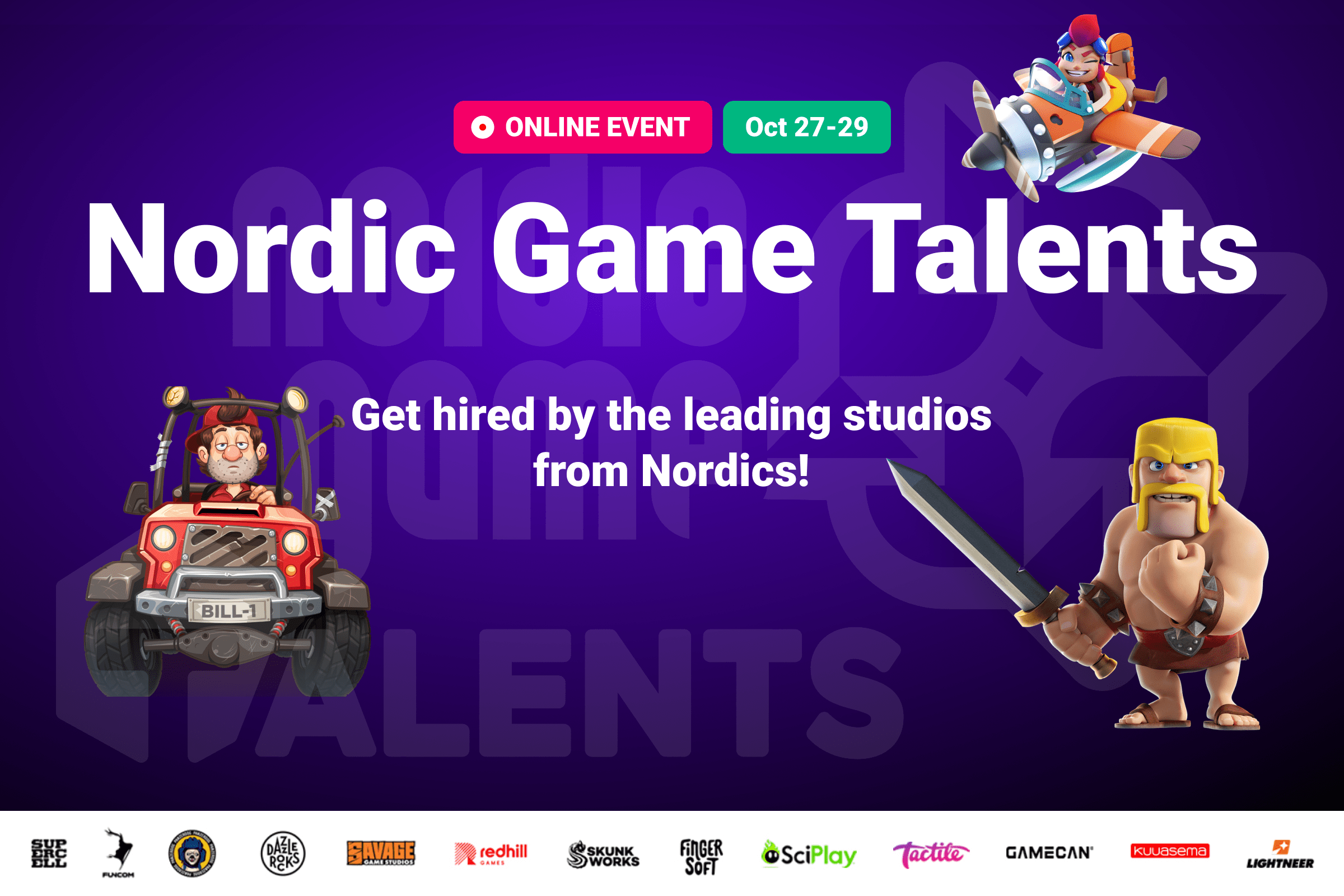iGaming Industry
As eSports Continues to Grow Apace, its Athletes and Startups are Winning Big

The headquarters of G2 Esports’ Berlin team, on first glance, looks every bit what you’d expect from the home of seven young gamers. Beds are unmade, towels hang on bedroom doors and kitschy posters cover several of its bare, magnolia walls.
But while average student digs might have the odd Playstation, here gaming is life. Each inhabitant is deeply involved in his training, stopping now and then to take notes from the team’s two-man coaching staff.
It might not seem like the vanguard of a billion-dollar industry. But G2’s players are rich young men (every member of the team is male: gaming still suffers a yawning gender gap and has no women in its top hundred earners). Since its 2014 foundation in Madrid the brand has won a host of top-ranking tournaments. It is currently one of the continent’s biggest brands.
As eSports’ following skyrockets alongside its revenue, and teams like G2 chip away at its massive revenue potential, the gamers themselves are professionalizing along the lines of fellow athletes in traditional sports.
Games like League of Legends and Counter Strike are already about to take their bow at traditional sporting events. That, alongside a coming revolution in online broadcasting, is opening up huge chances for eSports firms to win big before competitive gaming truly hits the mainstream.
One of them, also in Berlin, has realized there are many ways to achieve that potential.
Jens Hilgers is something of an eSports celebrity. The 41-year-old German admits he “sucked at playing games” despite loving them. But what Hilgers lacked in playing skill, he has more than made up for in entrepreneurship. This year marks 20 since he began working in the industry. In 2000 Hilgers co-founder the Electronic Sports League (ESL) that today is an integral part of the eSports circuit.
In 2010 Hilgers took a backseat at ESL, moving from CEO to chairman of the board. It was then that he began developing DOJO Madness, a Berlin-based firm harnessing Big Data to help players improve their game.
“I guess because of my lack of significant success or progress in the games, it became clear to me that there was a problem,” he told Red Herring. “Because I found that frustration with myself: when I lost a game, how could I win more?”
DOJO Madness was founded in 2014. To date it has secured over $12m in funding, and offers solutions for professional players and amateurs. This April the company received $6m in Series A cash from investors led by The Raine Group.
BITKRAFT, the world’s first eSports-dedicated investment vehicle, launched a year later. Hilgers is a founding partner. It began with $18.5m to invest in seed-stage eSports companies. Today it has 15 firms in its portfolio: three from Asia, and six each from Europe and North America.
BITKRAFT’s Investments represent a cross-section of the industries that are booming around competitive gaming. Tier One is an advertising and media platform working in Southeast Asia. The Esports Observer is a widely-read eSports-dedicated web portal. Level99, based in London and Berlin, is a creative agency catering to the growing demand for teams to grow their brand and fanbase.
The stats behind eSports are enough to understand each venture. Competitive gaming has an audience of around 320m. The industry is set to grow by a compound rate of 30% until 2020 when, by some estimates, it could be worth $1.5bn.
Betting on eSports has flourished too. According to Nauroscope, an analyst, the lowest estimate for the total amount bet on eSports in 2016 is marked at $5.5bn. That figure will rise to $12.9bn by 2020. Esports betting volume already outpaces that of golf, tennis and rugby.
Twitch, the Amazon-owned streaming service for gamers, has over 1m daily streamers. Ticket merchandising revenues are expected to rise from $53m to $74m this year alone. That is enticing a new generation of web broadcasters keen to use eSports to increase their footprint.
“It’s a development where big, online-first, video streaming portals are fighting for audience,” says Hilgers. “That’s the YouTubes, the Facebooks, the Netflixes. And for them eSports content is appealing as it commands a very attractive audience, as it’s still relatively unexplored.”
Part of the attraction, he adds, is that eSports is a global phenomenon: it is played the same way in Berlin, or New York, as it is in South Korea – which could be considered the “spiritual home” of eSports. Soccer might be considered a truly worldwide sport. But there are few others.
Alongside the surge in revenues, eSports’ best practitioners are starting to live more like traditional athletes. At the G2 house there is a dedicated chef, and two non-playing staff ready to kick their charges into shape. “Definitely there’s a lot more focus on players’ health and wellbeing,” says the team’s 27-year-old manager and head analyst Chris Duff. “Years ago it was generally up to the players.”
Duff holds Scrum sessions each day from 1pm to 4pm. The players start their day at 11am, and finish at 10pm. Most weeks comprise six active days. It’s a grueling schedule. But the rewards are rich. Three years ago a top Counter Strike player may have earned $2-3,000 per month. Today it’s $20-30,000 (the highest salary in soccer is Cristiano Ronaldo’s $4.8m monthly salary from Real Madrid).
“It must be much better now, much easier because you have people to take care of your stuff,” says Joey “Youngbuck” Steltenpool, 26, G2’s coach. Even a couple of years ago when Steltenpool was playing for the Copenhagen Wolves, salaries were late and it took a Herculean effort to persuade staff to buy a new sofa. “Everyone was really on their own,” he says. “It’s way more professional…disciplined.”
The Korean system, he adds, is “about a decade ahead in eSports. Professional gaming has been very normal there for around 10-15 years now because of (the 1998-developed, hugely popular game title) Starcraft: there’s a way bigger pool of people to choose from.”
But G2 is getting there. Players go to the gym and eat healthy diets. Intensive training means some pro gamers have careers as short as five years (that’s still not as short as the average NFL career, which is a staggering 2.66 years). But that is changing.
“I do think it’s interesting that careers are way longer now, because everything is structured and you have coaches, managers, cooks and everything,” says Steltenpool. “So usually years ago it was really easy to drop motivation if you were on your own, and not much was taken care of. And now, since there are so many support staff inside the house, and outside the house in the organizations which are much better structured, players have way longer careers.”
BITKRAFT has been trying to move early in finding companies to cater for eSports’ growing professionalism. Among its stable is H4X (pronounced “Hax”), a line of clothing stressing comfort and the ability to avoid muscle strain. Runtime is a special-made performance drink developed by Dr Lutz Graumann, a sports medicine expert who has worked with fighter pilots, among others.
“In the past two or three years it became very obvious to professional teams and players that their game is really their mental game,” says Hilgers. “And a mental game, in order to perform top mentally, you need to be fit physically. So your physical training regime, your diet, is now something people understand as making a real difference.
“Compared with 20 years ago people are putting far more effort into being a top player in the game,” he adds. “There’s more competition, which elevates the skill ceiling overall in these games. And naturally you see people using every possible avenue to improve their skill.”
The eSports merchandising arena is set to explode alongside the industry at-large. Steve Volpone, CEO of Big Block, recently wrote that “We need to begin collaborating on the lifestyle, fashion and other spinoffs that eSports’ huge audiences will want.”
Big traditional sports brands have begun wanting a slice of the action. Soccer teams like FC Schalke and Paris Saint Germaine have developed their own eSports teams. Others have tried to buy existing success.
Los Angeles-based Cloud9 recently secured a $25m Series A funding round from investors led by the Founders Fund, and including the World Wrestling Entertainment organization (WWE) and Major League Baseball player Hunter Pence.
Last year Team Liquid, another of the industry’s big brands, was bought by a consortium including Steve Case, Tony Robbins and Magic Johnson.
They are trying to jump on a bandwagon that is beginning to get recognized by the biggest organizations in traditional sports. Last weekend it was announced that the International Olympic Committee (IOC) is exploring the possibility of including eSports in future Olympic Games. It will be included at the 2022 Asian Games in Hangzhou, China. The IOC are looking to include eSports two years later, at the Paris games.
Hilgers thinks the industry is at a point where those who can win success now, will consolidate power well into the future. “The costs of building top-level eSports teams have increased significantly in the last three years,” he says.
Teams don’t just need a good brand and content strategy to attract big players. They need huge sums of cash. The barrier to entry is soaring. “A few years ago (teams) would make $1-3m revenue perhaps,” he adds. “Now it is substantially more.
“I think that helps a lot in creating a way more stable ecosystem of teams that really matter,” says Hilgers. “The really interesting part is now how many of the teams will be teams who are around now?”
It certainly appears that G2 Esports will be there. This August the team won an undisclosed funding round from a consortium including Everblue Management and Andre Gomes, a midfield player for soccer giant FC Barcelona. This week it beat Danish side Astralis to take third place, and $60,000, at the EPICENTER Counter Strike: Global Offensive (CS:GO) tournament in Saint Petersburg, Russia.
G2 is now the tenth-ranked League of Legends team worldwide (South Korean giant SK Telecom 1, which won in Saint Petersburg, heads the list: the top ten includes four Korean, and four Chinese, brands). It places second at CS:GO.
Whatever the rankings say, however, the biggest winner is eSports itself. And, as it grows like few other industries on earth, a burgeoning collection of startups are placed to pounce on its imminent tech and merchandising riches.…
The post As eSports Continues to Grow Apace, its Athletes and Startups are Winning Big appeared first on Eastern European Gaming – News – Interviews – Legal Market Updates – Premium Reports – Events – Directory.
Source: EEGaming.
gaming operators
XT.COM Announces Listing of Zenex

XT.COM has announced the listing of ZNX (Zenex), an AI-driven payment infrastructure token designed to revolutionize the $107B+ iGaming industry. The ZNX/USDT trading pair will be available in the Innovation Zone (RWA), providing traders with access to a token that brings real-world business utility, enhanced fraud protection, and verifiable revenue-sharing mechanisms to online and land-based gaming operators.
Imagine a payment ecosystem where betting operators no longer need to freeze millions in capital reserves, where players enjoy seamless transactions across continents, and where token holders benefit directly from the growing gaming industry. That’s not a future promise – it’s what Zenex delivers today.
At its core, Zenex solves the gaming industry’s biggest challenge – the massive capital reserves required by traditional payment systems. Through the innovative blockchain and AI infrastructure, gaming operators who hold ZNX can reduce their reserve requirements by up to 30%, instantly freeing up capital for growth and operations.
The Zenex ecosystem combines multiple revenue streams that directly benefit ZNX token holders:
• Operational Betting Shops: The expanding network of profitable locations across Kenya generates consistent revenue, with systematic buybacks supporting token value.
• Advanced Payment Infrastructure: Already processing millions in monthly transactions, the payment solution helps operators reduce costs while improving transaction efficiency.
• White-Label Gaming Solutions: The proprietary platform powers multiple online casinos and betting operations, generating steady transaction volume.
• Innovative Mini-Games Platform: A suite of engaging games drives player engagement and creates additional revenue streams.
• Premium Card Solution: The upcoming Zenex Card will revolutionize how players access and manage their funds across 150+ countries.
The Zenex Advantage:
• Systematic Buybacks: A portion of all gaming revenue is used to buy back ZNX tokens, creating sustainable price support.
• Token Utility: Operators holding ZNX benefit from reduced reserve requirements, creating natural demand from the $107 billion iGaming industry.
• Strategic Lock-ups: Smart contract-based locking mechanisms ensure long-term price stability.
• Community Governance: Token holders participate in key decisions about platform development and charity initiatives.
The post XT.COM Announces Listing of Zenex appeared first on Gaming and Gambling Industry in the Americas.
Alejandro Navarro
Betski Secures $345,000 in Pre-Seed Funding for First-ever Tokenized Casino Ownership Platform

Betski is set to launch its online casino ownership platform in Q1 of 2025, enabling users to earn casino profits through digital tokens. The system will allow anyone to receive a share of casino earnings without managing casino operations, marking a new chapter in the multi-billion-dollar iGaming industry. Supported by a $345,000 pre-seed funding round, the platform aims to democratize access to casino earnings and reshape the multi-billion-dollar gaming industry.
Opening Casino Ownership to Everyone
The platform’s tokenization system reshapes traditional casino business rules through an automatic profit-sharing program. Token holders receive a percentage of every bet placed on the platform.
This system eliminates steep entry costs, such as operational expenses, licensing fees, and administrative management. Users can start earning returns without previous casino experience or large capital investments.
“A small group have exclusively enjoyed casino industry profits until now. Our platform opens these earnings to everyone through our tokenized profit-sharing system, turning users into online casino owners,” said Alejandro Navarro, founder and CEO of Betski.
Direct Profit-Sharing Through Tokens
Through a verified digital system, the ownership program distributes Gross Gaming Revenue (GGR) among token holders. Investors have recognized this potential, contributing $345,000 in pre-seed funding that combines gaming entertainment with digital asset ownership. The platform maintains strict security protocols and automated distribution systems for reliable profit sharing.
“The platform distributes real money to token holders from every bet placed by players. This creates a steady income stream for online casino owners – something the traditional casino structure has never offered,” said Navarro.
Global Growth of Online Casino Ownership
The platform has attracted 2400 active Discord members and over 20,000 followers on X (formerly Twitter). These early adopters are expected to participate in test runs of the profit-sharing system once it goes live. Over the next 24 months, the platform will roll out first in Latin America, followed by expansion into European and select Asian markets.
Betski offers casino games, live casino experiences, eSports betting, global lotteries, fantasy sports, and traditional sportsbooks. This variety creates multiple revenue streams for online casino owners. Players can access all gaming options through a single interface, which streamlines the betting experience and maximizes potential returns for token holders.
The team has partnered with major payment processors and marketing agencies to support the platform’s global expansion. These collaborations will facilitate smooth transactions and user acquisition across different regions. The platform meets all regulatory requirements in its target markets, certifying long-term stability for token holders.
New Opportunities for Investment
Following the successful pre-seed round, Betski is now opening its seed funding round to welcome additional participants into its casino ownership platform. This investment opportunity enables individuals and entities to join the platform’s growth journey ahead of its official launch in Q1 2025.
Bradley Khoury
eCOGRA Approved to Operate in Arizona, Indiana and Panama

eCOGRA, a leading international authority in Testing, Inspection and Certification services for the iGaming industry, has secured new regulatory approvals across three key jurisdictions: Arizona, Indiana and Panama. With these developments, eCOGRA strengthens its position in the U.S. and Latin American markets, offering excellence in compliance through their Quality, Speed, and Service promise.
This strategic expansion allows eCOGRA to conduct independent compliance audits and certification services in each region, addressing the growing demand for rigorous regulatory oversight in the fast-evolving global iGaming industry.
Securing approval in Arizona, where eCOGRA has now been licensed as an Event Wagering Ancillary Supplier, enables the International Testing Laboratory (ITL) to audit event wagering licensees in line with Arizona’s expanding regulatory landscape. Indiana, which introduced online sports betting in September 2019, has authorised eCOGRA to perform regulatory compliance audits, providing licensed operators with crucial assurance in meeting the state’s high standards.
In Panama, the Board of Gaming Control officially recognised eCOGRA as an Authorised Entity for Compliance Certification, specifically for slot machines and gaming software. This endorsement reinforces eCOGRA’s role as a trusted partner for operators seeking to meet stringent regulatory requirements in Latin America’s emerging iGaming sector.
“Our recent approvals in Indiana, Arizona, and Panama underline our dedication to continually expand our offering, to support our growing portfolio of clients with their global growth plans. We are committed to ensuring that we bring the same quality, speed and service that marks us out to both our clients and regulators in these dynamic markets,” said Will Shuckburgh, Group CEO of eCOGRA.
Bradley Khoury, Chief Technology Officer at eCOGRA, said: “Securing licensure as an Event Wagering Ancillary Supplier in Arizona and an Authorised Entity in Panama underscores our dedication to supporting responsible and sustainable iGaming operations. We are committed to driving trust and accountability within the industry by providing compliance solutions that uphold the highest standards.”
-

 gaming3 years ago
gaming3 years agoODIN by 4Players: Immersive, state-of-the-art in-game audio launches into the next generation of gaming
-
EEG iGaming Directory8 years ago
iSoftBet continues to grow with new release Forest Mania
-
News7 years ago
Softbroke collaborates with Asia Live Tech for the expansion of the service line in the igaming market
-
News7 years ago
Super Bowl LIII: NFL Fans Can Bet on the #1 Sportsbook Review Site Betting-Super-Bowl.com, Providing Free Unbiased and Trusted News, Picks and Predictions
-
iGaming Industry8 years ago
Rick Meitzler appointed to the Indian Gaming Magazine Advisory Board for 2018
-
News7 years ago
REVEALED: Top eSports players set to earn $3.2 million in 2019
-
iGaming Industry8 years ago
French Senator raises Loot Boxes to France’s Gambling Regulator
-
News7 years ago
Exclusive Interview with Miklos Handa (Founder of the email marketing solutions, “MailMike.net”), speaker at Vienna International Gaming Expo 2018














